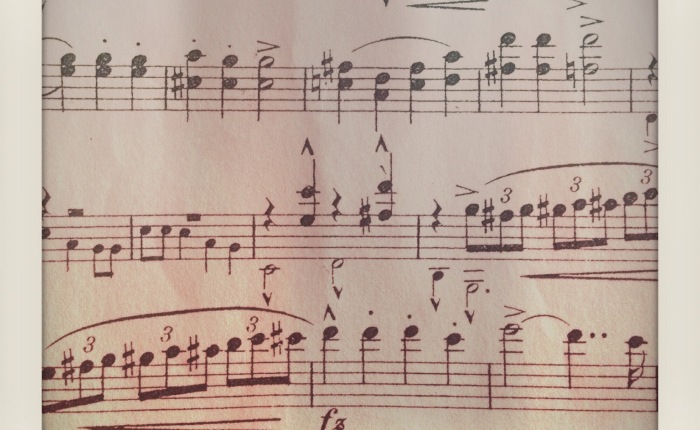That’s it now. HECS census date, March 31st, has come and gone. I am financially committed to the course units I am currently enrolled in. No turning back, no turning back without financial disincentives.
The first undergraduate study I did was in Nursing. In 1989. At the time, in other states of Australia nursing was still being taught in hospitals and it was deemed inequitable to be charging us for learning that others were being paid for. We New South Wales undergrad nurses were given a free ride as all around us physiotherapists, occupational therapists, speech therapists and ophthalmology students were filed into the beginnings of a beneficiary-pays system. I remember snickering behind their backs. In an empathetic, nursey kind of way.
For those outside Australia, HECS (the Higher Education Contribution Scheme) is a system of paying back some of the costs of your university degree through the tax system, once your income is high enough, i.e. once you are considered to be receiving a financial benefit from your studies. As it stands it is relatively fair, but change a few numbers and the system is primed and ready to disadvantage the poor, the sick, the disabled, the female. As you can imagine, it is the battleground of considerable political struggle, and you can probably already guess on which side of the line I stand. If not, let me remind you that I once wrote something for the Labor Herald.
In the early seventies, then Prime Minister Gough Whitlam shoved Australian society into a large mason jar, screwed on the lid and shook the contents. Really quite hard. The jar was opened and tipped and the contents spread along the kitchen bench of political reform. “Ta da!” said Gough, ending conscription and the death penalty and delivering everything from hospitals for Western Sydney to maternity leave for Commonwealth employees. One of the magnificent changes wrought was fee-free higher education. And the children of Australia’s less well-off were given access to a world of critical thinking and argument that has caused no end of irritation to the priviledged end of town ever since. Oh how I love my country. And Gough. (If you want to spend more time, and I’m sure you do, admiring Gough’s chutzpah you can read about his political legacy at Whitlam Institute, which is part of Western Sydney University.)
Oh how I love my country. And oh how I believe that higher education should remain within reach of people living with disadvantages, because there are more social gains to be made that only today’s batch of disadvantaged kids will be able to get educated on, fight for and win. You go, kiddos.
Maybe that is why I am retraining to be a secondary school teacher. At Western Sydney University. Where yesterday was HECS census day.
Any time before census day, you can withdraw from your unit without the cost being added to your ‘account’ with the tax department. (So that’s four weeks of free higher education for everyone, every six months! #jokes…Although…).
And that’s four weeks for you to make up your mind if you are in the right course, or have chosen units that fit with your needs. Four weeks where you can be ambivalent about your chosen career, or just those language classes you thought would be easy enough (guilty). Then, as sure as Christmas, census date arrives and you are forced to decide if you meant everything you mouthed on about during the last month or if those were just empty promises to yourself.
You have your will I/won’t I moment, and then as suddenly as it came, census date is gone and your life now has a predetermined nature to it that not even the memory of hazy summer holidays can dilute. And that’s why I’m here, right now, composing this blog post. Because nothing gives your hobbies an urgent quality like the pressure to do real, intellectual work.


